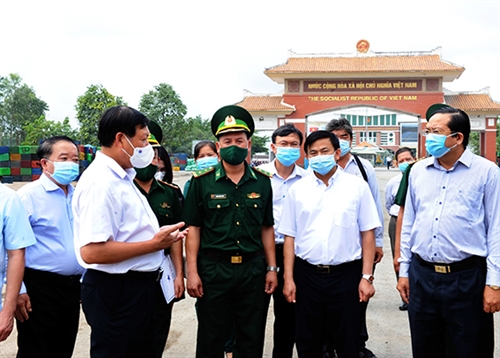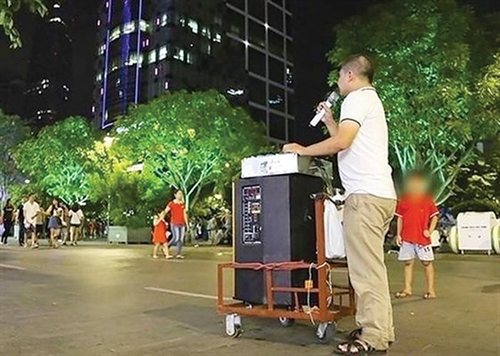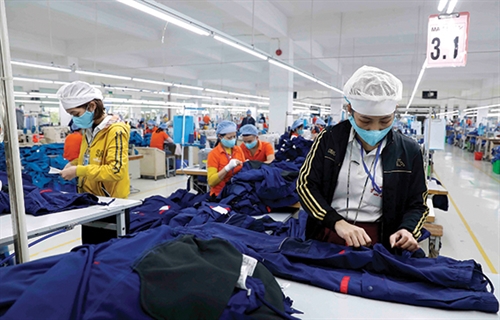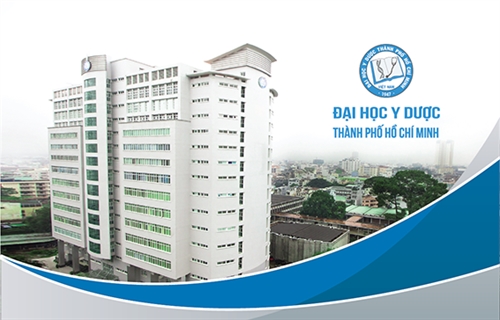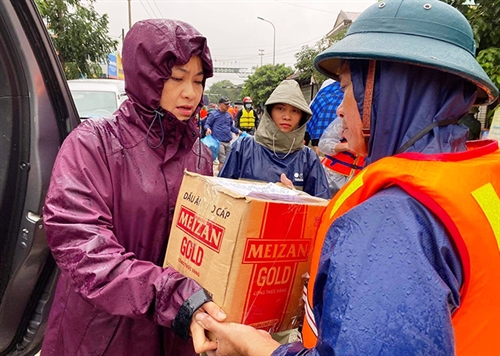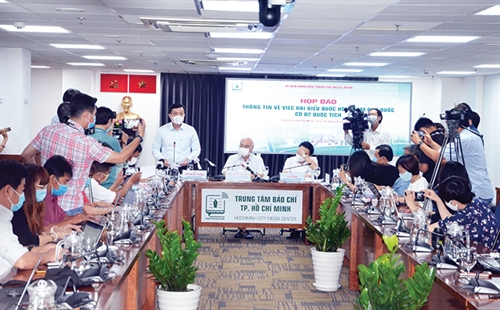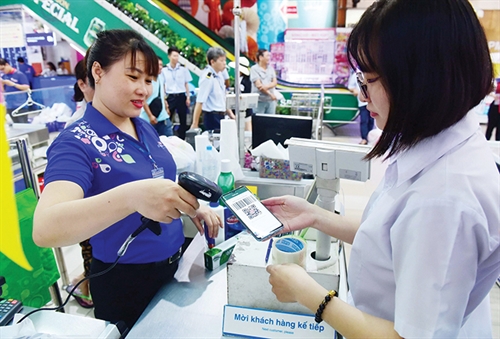The Ministry of Information and Communications (MIC) on June 17 introduced a Code of Conduct on social networks with a view to creating a safe and sound cyber environment in Vietnam.
The Code of Conduct targets three groups of subjects: social network users that belong to the state sector such as state agencies and officials, civil servants, and public employees; other social network users; and social network service providers.
The Code of Conduct aims to ensure personal freedom, freedom of enterprise and non-discrimination between domestic service providers and foreign ones in conformity with international standards and practices and treaties to which Vietnam has acceded. The Code of Conduct introduces recommendations on ethical standards on behaviors and conduct on social networks, thus helping build a safe and sound cyber environment in Vietnam.
To this end, the Code of Conduct provides four general principles of conduct applicable to all groups of subjects, namely: respect, responsibility, safety, and soundness.
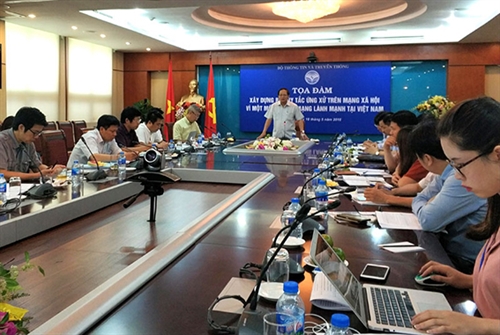 |
| A conference on the Code of Conduct on social networks__Photo: https://hanoimoi.com.vn/ |
Dr. Do Quy Vu, Deputy Director of the MIC’s National Institute of Information and Communications Strategy, in an interview with Quan doi Nhan dan (People’s Army) online newspaper, gave explanations about these four principles.
“Respect means respect for law, respect for social network participants, and respect for regulations of social service providers in order to act properly toward the good. It is also about respect for oneself.
Responsibility means that social network users are held responsible for their acts and behaviors on social networks. Social network users as well as social network service providers have the responsibility to coordinate with competent agencies in handling illegal acts and contents on social networks.
Safety means information safety and security. Social network participants must comply with regulations and guidelines on information safety and security.
Soundness means that behaviors on social networks must be consistent with fine moral and cultural value and tradition of the Vietnamese nation.”
The Code of Conduct also devises separate rules applicable to each group of subjects. Specifically, it encourages organizations and individuals to register social media accounts with their real identities, share information from official and reliable sources, and abide by “moral and cultural standards” when operating in social networks. They must also refrain from making hate speeches, inciting violence, spreading fake news and untruthful information, posting contents that violate laws or contain bad languages, or advertising illegal products and services.
As for social media service providers, the Code of Conduct requests them to respect users’ rights to privacy, make public information about their methods for finding the violating contents and cooperate with authorities in removing such contents. Social medial platforms also need to devise ways to protect vulnerable groups, including the poor, ethnic minority people, children, and the disabled.
Necessity to adopt principles of conduct on the cyber environment
Social network platforms such as Facebook, Instagram and TikTok have strongly developed in Vietnam during the past time. By the end of the first quarter of 2021, the community of social network users in Vietnam has reached nearly 70 million, accounting for roughly 70 percent of the population. In 2019 when the Law on Cyber Security came into force, many eagerly expected that it would help clean the “virtual” environment in Vietnam. However, for several reasons, its guiding texts have not yet been issued. Consequently, Vietnam’s cyber environment in general and social networks in particular have become chaotic by information on scandals involving both celebrities and normal people while authorities remain embarrassed in seeking solutions for redressing the situation.
In an article published recently on Thanh Nien (Young People) online newspaper, Dr. Le Hoang Viet Lam from the Vietnam People’s Security University, Ministry of Public Security, wrote: “Though being a little bit late, the enactment of the Code of Conduct on social networks by the MIC is a necessary move. If the Law on Cyber Security and other related legal documents can be regarded as “superstructure” regulations, the Code of Conduct has great effects on the “substructure” institutions. Such principles as respecting for and abiding by law; ensuring information safety and confidentiality; and taking responsibility, as well as regulations on identification of social network users not only serve as “armors” for preventing and fighting uncultured practices on social networks but also help establish equality and protect those who use social networks in a sound manner but accidentally fall into a disadvantaged position compared to violators.”
“It is erroneous perception of freedom and expression of viewpoint that shapes the thinking that “one can do whatever he wants on social networks” and, as a result, not a few people tend to display wayward behaviors on the cyber environment,” Dr. Lam wrote. “There is just a fine line between freedom and wildness. Without intelligence and virtue, freedom will be transformed into wildness. Never expect others to be polite to you while you wish to be allowed to freely show impoliteness to others,” he stressed.
Agreeing with Dr. Lam, Assoc. Prof. Dr. Tran Thanh Nam from the University of Education - Vietnam National University, Hanoi, told the The gioi va Viet Nam (The World and Vietnam) report that the timely issuance of the Code of Conduct would help regulate behaviors of social network users, make them be aware of right and wrong attitudes and at the same time force them to take responsibility for their acts as well as for information and images they share on social networks.
Measures for promoting the effect of the Code of Conduct
According to Dr. Nam, there are several measures that can be taken to promote the effect of the Code of Conduct.
Firstly, it is necessary to attach importance to communication work so that social network users and other related stakeholders fully grasp basic principles of conduct on the cyber environment.
Secondly, public awareness about capacity of digital citizens should be raised.
To this end, press and media agencies should provide the public with information on basic capabilities that are needed for citizens when participating in the digital world such as methods for keeping the balance between the real life and virtual world; building appropriate personal image in social networks; detecting and handling issues concerning information confidentiality; and identifying and handling cyber bullying, etc.
“Although a majority of social network users are young people, in order to clean and civilize the cyber environment, it is necessary to improve digital awareness, skills and capabilities for not only young generations but also seniors who were not born in this digital age and whose skills are at the level of digital refugees,” Nam added.
Thirdly, it is necessary to conduct researches to evaluate improvement in public understating of the above principles. Related ministries and sectors should find out factors which boost or obstruct the implementation of the Code of Conduct and, on that basis, abolish or revise inappropriate terms and clauses and add new ones to suit realities.-

